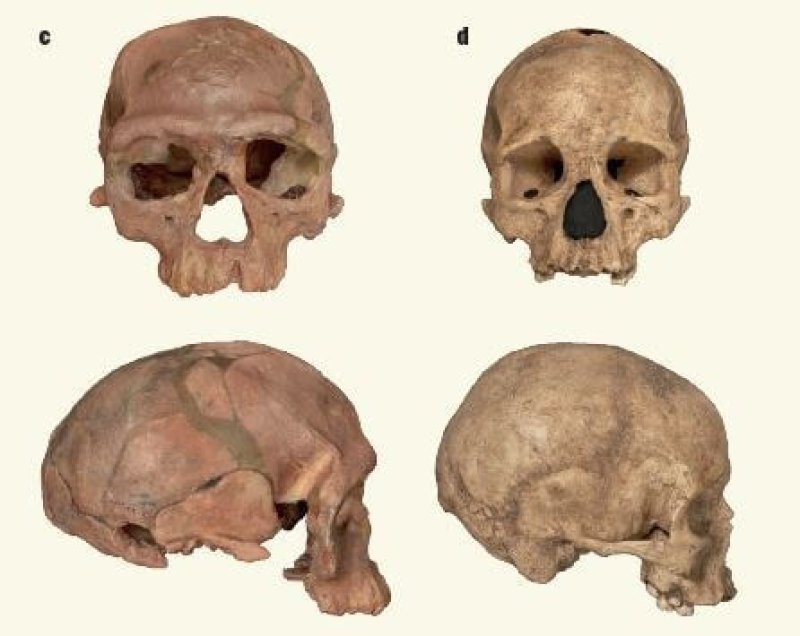…
It’s not just when these people died that matters, but where.
“What people, including myself, used to think was that there was a cradle of humankind in East Africa about 200,000 years ago, and all modern humans descend from that population,” says Philipp Gunz from the Max Planck Institute for Evolutionary Anthropology. “The new finds indicate that Homo sapiens is much older and had already spread across all of Africa by 300,000 years ago.”
…
These people had very similar faces to today’s humans, albeit with slightly more prominent brows. But the backs of their heads were very different…Their brains, though already as large as ours, must also have been shaped differently.
[Read the full study here]
The GLP aggregated and excerpted this blog/article to reflect the diversity of news, opinion, and analysis. Read full, original post: Scientists Have Found the Oldest Known Human Fossils































